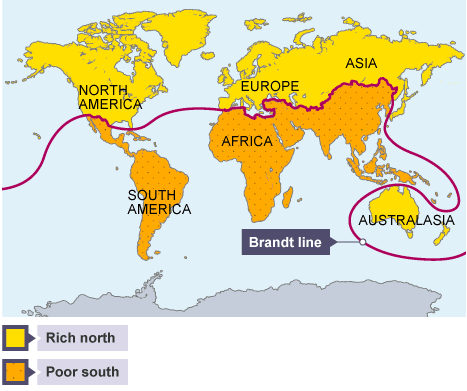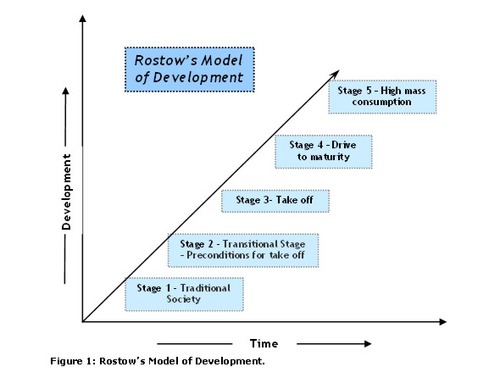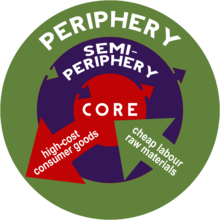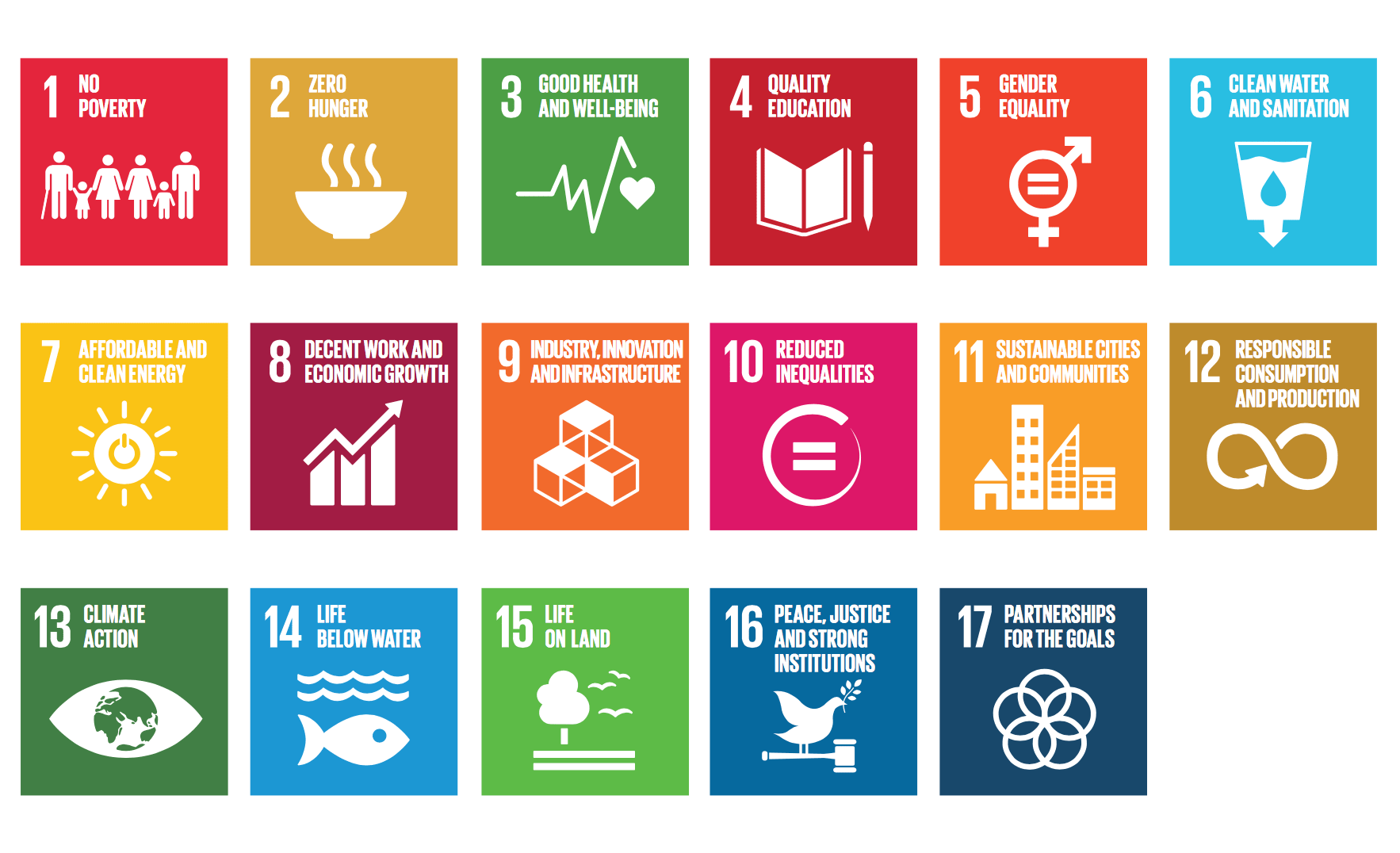AP HUG Unit 6A: Development
5.0(1)
Card Sorting
1/34
Earn XP
Description and Tags
Last updated 6:36 PM on 3/1/23
Name | Mastery | Learn | Test | Matching | Spaced | Call with Kai |
|---|
No analytics yet
Send a link to your students to track their progress
35 Terms
1
New cards
development
A process of improvement in the conditions of people through diffusion of knowledge and technology
2
New cards
developing country
A country that is at a relatively early stage in the process of development
3
New cards
BRICs/NICs
an acronym that refers to the economies of Brazil Russia India and China/ newly industrialized country
4
New cards
Human Development Index (HDI)
An indicator constructed by the U.N. to measure the level of development for a country through a combination of income, education, and life expectancy
5
New cards
gross domestic product (GDP)
The value of the total output of goods and services produced in a country in a year, not accounting for money that leaves and enters the country
6
New cards
gross national income (GNI)
The value of the output of goods and services produced in a country in a year, including money that leaves and enters the country
7
New cards
purchasing power parity (PPP)
The amount of money needed in one country to purchase the same goods and services in another country
8
New cards
Brandt Line
the concept of a gap between the global north and the global south in terms of development and wealth

9
New cards
primary/secondary/tertiary/quaternary sectors
how industries are classified
10
New cards
primary sector
The portion of the economy concerned with the direct extraction of materials from Earth, generally through agriculture
11
New cards
secondary sector
The portion of the economy concerned with manufacturing useful products through processing, transforming, and assembling raw materials
12
New cards
tertiary sector
The portion of the economy concerned with transportation, communications, and utilities, sometimes extended to the provision of all goods and services to people in exchange for payment
13
New cards
quaternary sector
the portion of the economy that involves knowledge based activities such as information technology, research, and development, as well as consulting services and education
14
New cards
formal economy
the legal economy that is taxed and monitored by a government and is included in a governments gross national product
15
New cards
informal economy
economic activity that is neither taxed nor monitored by a government and is not included in that governments gross national product
16
New cards
international division of labor
Transfer of some types of jobs, especially those requiring low-paid, less-skilled workers, from more developed to less developed countries
17
New cards
productivity
The value of a particular product compared to the amount of labor needed to make it
18
New cards
value added
The gross value of a product minus the costs of raw materials and energy
19
New cards
Gender-related Development Index (GDI)
An indicator constructed by the U.N. to measure the gender gap in the level of achievement in terms of income, education, and life expectancy
20
New cards
Gender Inequality Index (GII)
An indicator constructed by the U.N. to measure the extent of each country’s gender inequality in terms of reproductive health, empowerment, and the labor market
21
New cards
Rostow’s Development Model
a model that analyzes the 5 steps that it takes to move from an agricultural society to a service based economy

22
New cards
Wallerstein’s World Systems Theory
a theory that the world is one interconnected collection of nations and states that due to the initial wave of European colonialism in the late 15th and 16th centuries, is dominated by economic centers in Europe and North America

23
New cards
dependency theory
the core countries depend on the periphery for labor and raw materials while the periphery depend on the core for goods
24
New cards
World Trade Organization (WTO)
an intergovernmental organization that regulates and facilitates international trade
25
New cards
foreign direct investment (FDI)
Investment made by a foreign company in the economy of another country
26
New cards
transnational corporation
A company that conducts research, operates factories, and sells products in many countries, not just where its headquarters or shareholders are located
27
New cards
world bank
an international development organization owned by 187 countries
28
New cards
OPEC
an intergovernmental organization of 13 oil-producing countries that aims to coordinate and unify the petroleum policies of its member states
29
New cards
Mercosur
a regional integration process, initially established by Argentina, Brazil, Paraguay and Uruguay, and subsequently joined by Venezuela and Bolivia
30
New cards
international monetary fund (IMF)
an organization of 188 countries, working to foster global monetary cooperation, secure financial stability, facilitate international trade, promote high employment and sustainable economic growth, and reduce poverty around the world.
31
New cards
structural adjustment program
Economic policies imposed on less developed countries by international agencies to create conditions that encourage international trade
32
New cards
microfinance
Provision of small loans and financial services to individuals and small businesses in developing countries
33
New cards
fair trade
An alternative to international trade that provides greater equity to workers, small businesses, and consumers, focusing primarily on products exported from developing countries to developed countries
34
New cards
cooperative store
A member-owned, member-governed business that operates for the benefit of its members according to common principles agreed upon by the international cooperative community
35
New cards
UN Sustainable development goals
a collection of 17 global goals aimed at improving the planet and the quality of human life around the world by the year 2030
